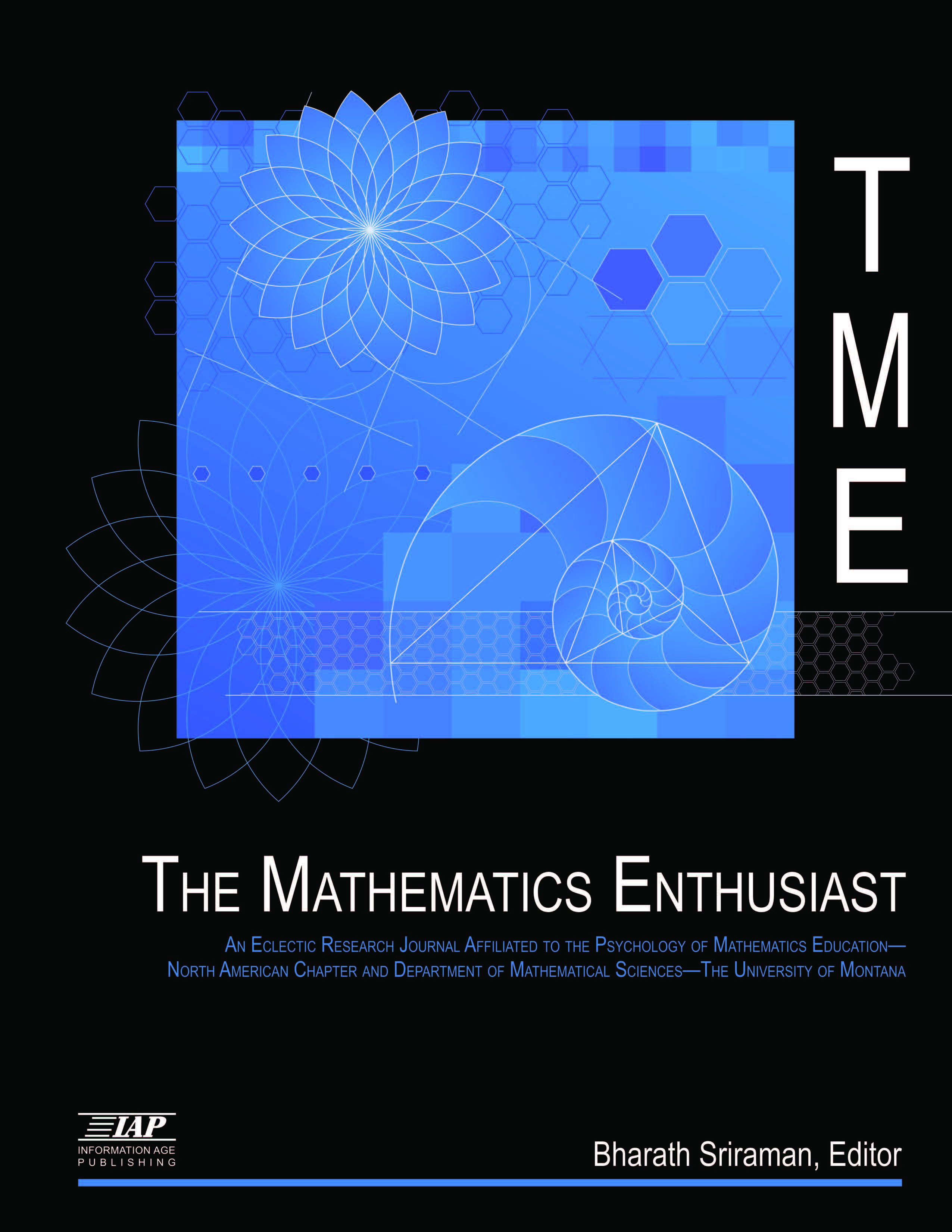
Volume
17
Issue
1
Abstract
This paper aims to introduce the notions of knowing and grasping of a mathematics concept. We choose the concept of complex numbers to illustrate how these notions can be used to describe the understanding of students for this particular topic. As students develop their knowledge, supportive conceptions and problematic conceptions may occur in different ways. A student may know how to perform an algorithm or how to use a particular concept, without ‘grasping’ the meaning of the idea in a manner which enables him to comprehend more sophisticated ideas in an extended context. Grasping a concept means the ability to see the different aspects of an underlying concept, manipulate it and use it in different ways for different purposes. On top of that, one should be able to speak of it as a meaningful entity in its own right. In this paper, we will report the data which were collected through questionnaires and follow-up interviews of two third year undergraduate mathematics students to illustrate the subtle distinctions between “knowing” and “grasping”. The results reveal that both participants, M1 and M2, couldn’t grasp the concept of complex numbers as a coherent whole due to the problematic conceptions which arose from real numbers. There might be other factors which contributed to this phenomenon such as the theoretically abstract nature of complex numbers and surrounding factors that affect learning. This study leads us to realise the importance of creating the necessary experience for learners to make sense of complex numbers so that learners can build from their existing knowledge in real numbers which may conflict with complex numbers. Too often, we have focused on a particular context, teaching the content that learners should know without helping them to grasp the essential ideas for further leaning.
First Page
273
Last Page
306
Recommended Citation
Chin, Kin Eng and Jiew, Fui Fong
(2020)
"Knowing and Grasping of Two University Students: The Case of Complex Numbers,"
The Mathematics Enthusiast: Vol. 17
:
No.
1
, Article 11.
DOI: https://doi.org/10.54870/1551-3440.1487
Available at:
https://scholarworks.umt.edu/tme/vol17/iss1/11
Digital Object Identifier (DOI)
10.54870/1551-3440.1487
